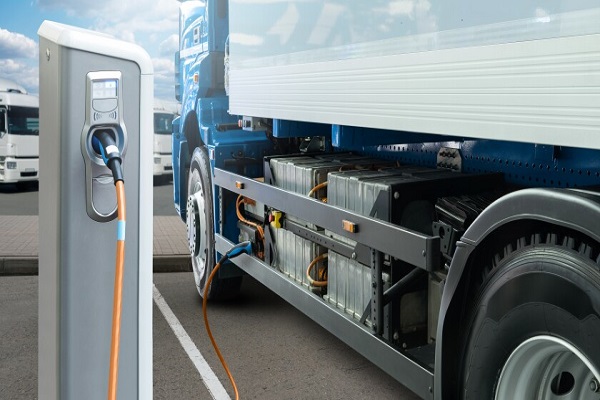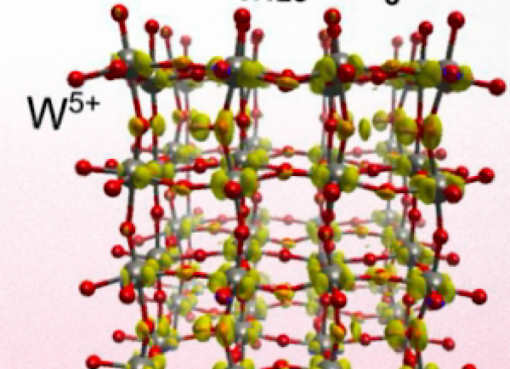In a promising partnership, Achates Power, known for its innovative designs of opposed-piston, two-stroke compression ignition engines, has teamed up with scientists from the US Department of Energy’s (DOE) Argonne National Laboratory.
Together, they are spearheading the development of a hydrogen-powered engine customized to meet the needs of long-haul commercial vehicles.
The team of researchers showcased a demonstration in this regard, proving that the opposed-piston engine can effectively utilize compression ignition with hydrogen fuel.
“Hydrogen may be the best fuel for truly sustainable long-haul transportation. Argonne’s successful demonstration with carbon-free hydrogen combustion will be an important step towards decarbonizing the mid-duty, heavy-duty freight sector,” said Essam El-Hannouny, a principal engineer at Argonne, in a statement.
Significant advantages
During World War II, the opposed-piston engine, invented over a century ago, experienced its prime, propelling submarines and aircraft carriers with remarkable fuel efficiency. However, its widespread adoption was hindered by increasingly stringent emissions regulations.
In recent years, advancements in technology and engineering have revitalized interest in the opposed-piston engine. Scientists are investigating its viability within a zero-carbon transportation framework, underscoring its potential to contribute significantly to sustainable mobility solutions.
Compared to traditional engines, the advanced opposed-piston engine boasts several advantages for hydrogen combustion. One key benefit lies in its streamlined design, facilitated by Achates Power’s pioneering piston architecture.
This innovative design features two pistons operating in opposition within a single cylinder, eliminating the need for cylinder heads. By doing so, it addresses a significant source of heat loss and inefficiency inherent in conventional engine setups, according to the team.
This is significant in the high reactivity and low ignition energy of hydrogen fuel. With its two-stroke combustion cycle, the engine generates twice as many power strokes per crankshaft revolution as a standard four-stroke engine, resulting in increased power output. Additionally, it boasts a lighter weight, lower cost, and simplified construction process.
Huge potential
Hydrogen is a versatile fuel source, readily produced from low- or no-carbon resources such as wind and solar energy. When burned, it emits no carbon dioxide, enhancing its appeal as an environmentally friendly energy option.
Researchers say that in zero-carbon transportation, electric vehicles currently dominate the car market. However, the hydrogen-powered opposed-piston engine occupies a distinct position, offering a solution for powering long-distance vehicles that are challenging to electrify.
The team claims it can make “refinements based on data generated during testing. Our goal is to develop an efficient, cost-effective hydrogen combustion opposed-piston engine that could be transformational for the transportation industry.”
According to Douglas Longman, Argonne’s group manager of Advanced Power Systems Research, these innovations can significantly enhance the capabilities of opposed-piston engines. With their potential to run on hydrogen fuel, these engines hold immense promise for driving decarbonization efforts.
Testing at Argonne is in its initial stages, with Achates set to utilize the combustion and emission data obtained to update its computer models.
The primary objective is to enhance engine design and optimize combustion strategies. Both remotely and on-site, Achates engineers collaborate with Argonne, aiding in engine calibration and monitoring throughout the process.
“Our goal is to demonstrate the capability of the opposed-piston engine to run hydrogen and reach the efficiency, power density, and torque of diesel-powered engines, at the same time we are eliminating greenhouse gas emissions,” said Ming Huo, a project manager at Achates, in a statement.
Source: IE










